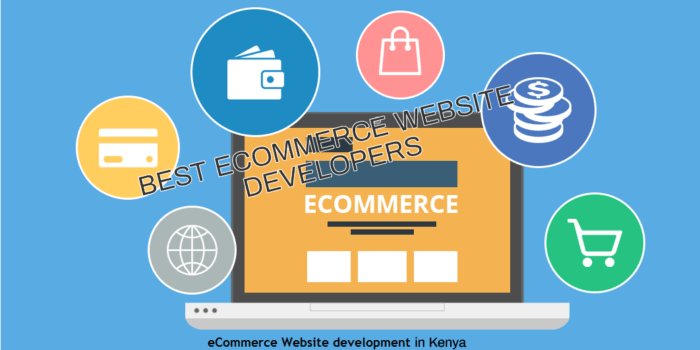Having a captivating website is essential for businesses and individuals looking to make a mark online. A well-designed website not only grabs attention but also engages visitors and encourages them to explore further. In this blog post, we will explore the key elements of effective web design that can help you create a captivating website that leaves a lasting impression.
Visual Appeal:
The visual appeal of a website plays a crucial role in capturing visitors’ attention. A clean and modern design with a visually pleasing color scheme can make a significant impact. Utilize high-quality images, balanced typography, and ample white space to create a visually appealing website that is easy on the eyes. Consistency in design across all pages and a well-structured layout can enhance the overall visual appeal.
Clear Navigation:
Navigating through a website should be effortless for visitors. Implementing clear and intuitive navigation is essential for ensuring a positive user experience. The navigation menu should be prominently placed and easily accessible on every page. Use descriptive labels for menu items and keep the number of menu options concise. Including a search bar can further assist visitors in finding the content they are looking for quickly.
Responsive Design:
In the mobile-driven era, having a responsive website is paramount. With an increasing number of users accessing the web through smartphones and tablets, it is crucial to ensure that your website adapts seamlessly to different screen sizes and devices. A responsive design ensures that your website remains accessible, readable, and visually appealing across various platforms, providing an optimal user experience for all visitors.
Engaging Content:
Compelling content is the backbone of a captivating website. Whether it’s well-written articles, captivating visuals, or engaging videos, your content should be tailored to your target audience. Use a conversational tone, keep paragraphs concise, and use headings and subheadings to improve readability. Incorporate multimedia elements strategically to enhance the overall user experience.
Call-to-Action (CTA):
A well-designed website includes clear and compelling calls-to-action (CTAs) that guide visitors towards their desired actions. CTAs prompt visitors to engage, subscribe, buy, or take any other desired action on your website. Utilize contrasting colors, action-oriented language, and strategic placement to make your CTAs stand out. Effective CTAs can significantly improve conversion rates and drive user engagement.
Page Speed Optimization:
In today’s fast-paced digital world, users expect websites to load quickly. Optimizing your website’s loading speed is crucial for retaining visitors and reducing bounce rates. Compress images, minify CSS and JavaScript files, enable browser caching, and choose a reliable hosting provider to ensure optimal performance. Regularly monitor and optimize your website’s speed to deliver a seamless browsing experience.
Consistent Branding:
Consistency in branding across your website helps build trust and credibility. Use your brand’s color palette, fonts, and visual elements consistently throughout your website. Incorporate your logo prominently and maintain consistent messaging and tone across all pages. Consistent branding creates a cohesive experience for visitors and helps establish a strong brand identity.
Conclusion:
Creating a captivating website involves a thoughtful combination of visual appeal, intuitive navigation, engaging content, and optimized functionality. By incorporating these essential elements into your web design strategy, you can create a website that not only captures attention but also provides an exceptional user experience. Remember to keep your target audience in mind and continuously evaluate and optimize your website to stay ahead in the competitive online landscape. With a captivating website, you can effectively showcase your brand, connect with your audience, and achieve your online goals.












